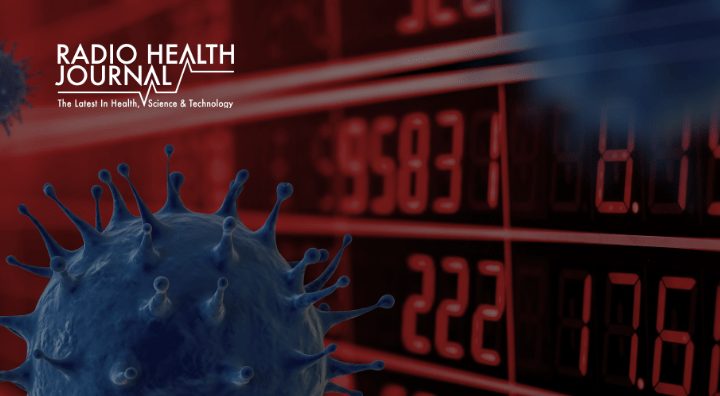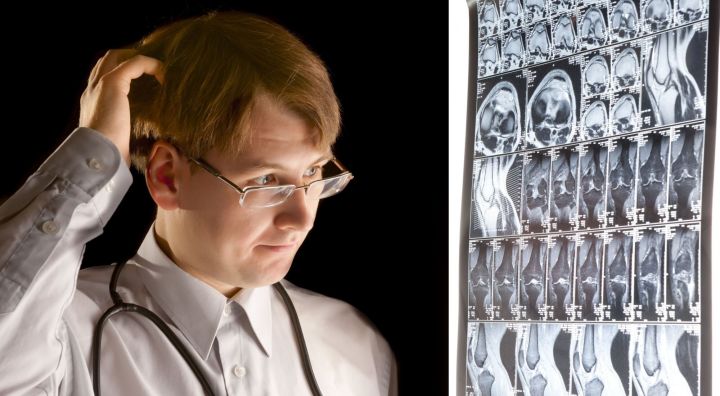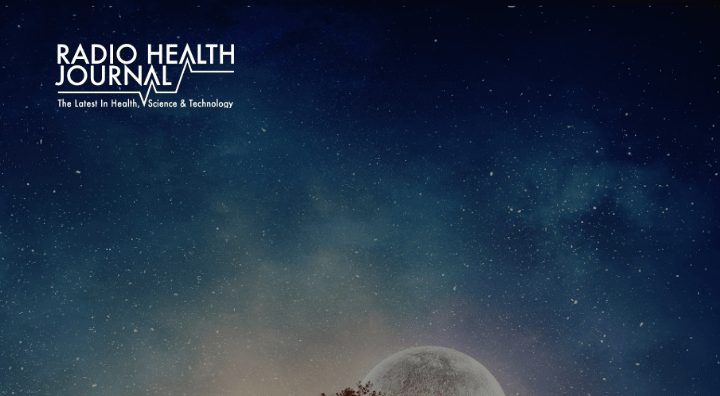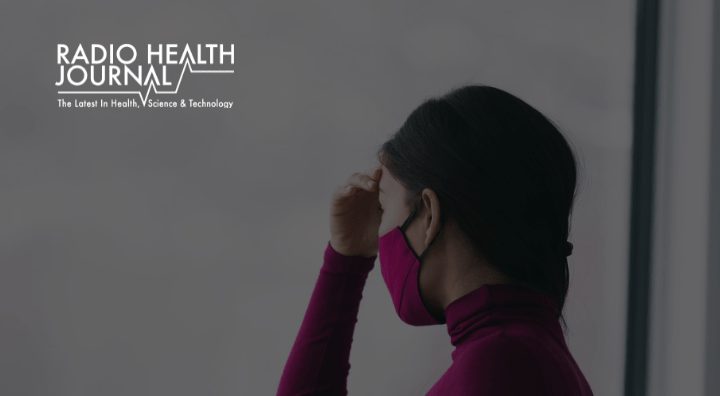Firefighters have an extremely high rate of Post Traumatic Stress Disorder. One study found that each year firefighters are exposed to approximately 13.5 potentially traumatic events, compared to civilians who experience around one to six of the same type of events in their entire lifetime. Clearly, firefighters’ stress load is more than the average person, but what constitutes a traumatic event and how does one develop PTSD?
Dr. Suzy Gulliver is the Director and Chief of the Warriors Research Institute at Baylor & Scott White Health in Dallas, Texas as well as a Professor of Psychiatry at Texas A&M College of Medicine Health Science Center. She says experts define potentially traumatic events as those outside normal experience that threaten a person’s life or integrity. Although, how people deal with these events can vary dramatically. “For some people, a traumatic event is resolvable in just a normal grief process and for other people, a traumatic event fails to resolve ever,” says Gulliver.
According to Gulliver, most people in high-risk jobs, such as first responder and those in the military, do not develop PTSD. Around 70-80% of firefighters and veterans will not develop the disorder, although veterans have the added difficulty of transitioning to civilian life without the consistent social structure shared by members of a firehouse. A supportive social structure and a strong network of co-workers can act as a ‘buffer’ to PTSD, which is why Gulliver sees firefighting as a good career choice for veterans. Although she cautions multiple traumatic events over time can also cumulate into PTSD.
Symptoms include re-experiencing traumatic events, substantial changes in mood and cognition, significant behavioral shifts, and increased arousal. PTSD can also precipitate sleep problems, drug and alcohol abuse, appearing withdrawn and propensity for being startled. Severe PTSD is typically easy to identify, but borderline forms of the disorder can be extremely varied and harder to diagnose. Some people may have all the symptoms but still function relatively well in society. There is no typical way PTSD is dealt with or displayed.
Dan Robertson, Oakland fire lieutenant and President of the Local 55 of the International Association of Firefighters, says many in his field are uncomfortable sharing the impacts of trauma with fellow first responders; they fear being viewed as weak or unable to be trusted.
Robertson says it’s the responsibility of senior firefighters to demonstrate that it’s safe to talk about traumatic events and there’s no weakness in admitting to having PTSD. If not, those afflicted with the disorder must deal with it on their own and are offered little assistance. Robertson encourages peer counseling for firefighters because the fact is many firefighters believe anyone outside the profession cannot possibly understand what they go through.
Gulliver says research shows peer support can be effective in treating depression. It can likely help those with PTSD as well. Ultimately, the stigma of getting help for PTSD is decreasing. Most importantly, the firefighters participating in support programs say it’s saving lives.
Guest Information:
- Dan Robertson, Oakland CA fire lieutenant and President, Local 55, International Association of Firefighters
- Dr. Suzy Bird Gulliver, Director and Chief, Warriors Research Institute, Baylor Scott & White Health, Dallas, and Professor of Psychiatry, Texas A&M College of Medicine Health Science Center
Links for more info:
- Dan Robertson on Twitter – @ofd20DR
- Dr. Suzy Bird Gulliver











Leave a Reply